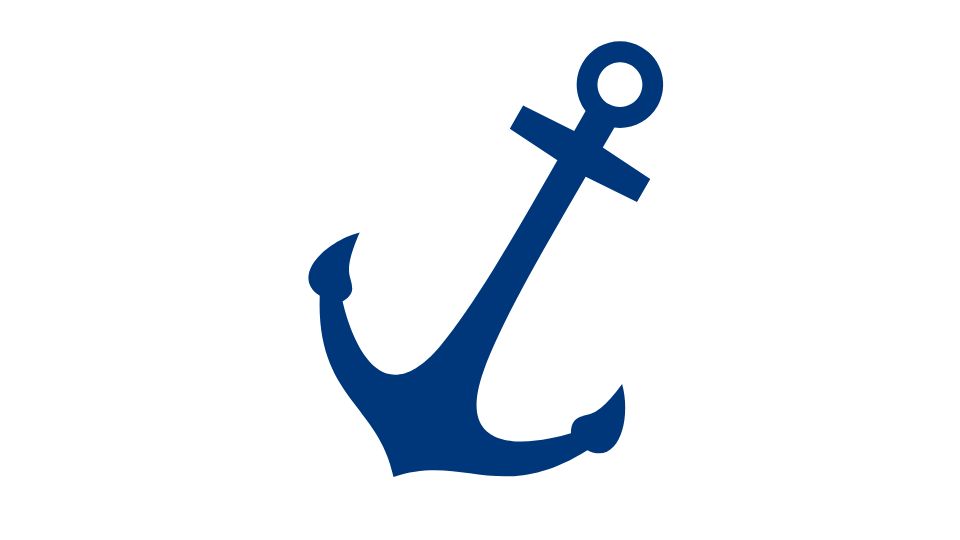Ever thought about working on the water? The marine transportation industry isn’t just about boats and sailors – it’s a massive global operation that moves everything from your Amazon packages to the gas in your car across oceans and waterways.
If you’re considering a career change or just starting out, let me walk you through why marine transportation might be your ticket to an exciting and stable career (with some pretty sweet paychecks too).

Marine Transportation: A Career Path Worth Diving Into
Let’s face it – we’re all looking for careers that offer good money, job security, and maybe a little adventure. Marine transportation checks all those boxes.
The industry is constantly evolving with new technology and growing demands for sustainability. And unlike some industries that might disappear with the next tech revolution, we’re always going to need to move stuff across water.
Job Opportunities: More Diverse Than You Think
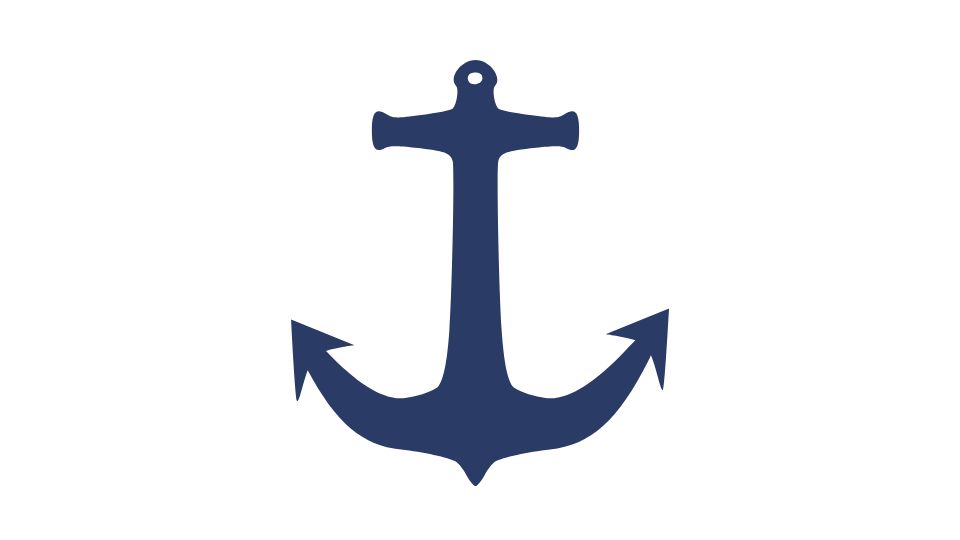
When most people think “marine jobs,” they picture a crusty sea captain with a pipe. But the reality is way more varied:
- Ship captains and officers
- Marine engineers
- Naval architects
- Deck officers
- Maritime logistics specialists
- Port managers
According to the Bureau of Labor Statistics, we’re looking at about 8,700 job openings annually between now and 2031, with a total of around 75,900 positions available by 2031. That’s a lot of jobs!
The highest demand is for:
- Captains, mates, and pilots (37,200 jobs by 2031)
- Sailors and marine oilers (27,700)
- Ship engineers (7,800)
- Motorboat operators (3,100)
While the overall growth rate for water transportation workers is about 1%, specialized areas like marine engineering and naval architecture are growing faster at around 8%. This growth is driven by expanding offshore energy projects, international trade, and the need to modernize fleets for environmental compliance.
Show Me The Money
Let’s talk cash. Marine transportation jobs typically pay well above the average U.S. salary of about $63,795.
Here’s what you might expect:
- Chief marine engineers: $118,000-$186,000
- Deck officers: $54,000-$95,000
- Maritime logistics specialists: $48,000-$81,000
- Port managers: $85,000-$146,000
Even entry-level positions like water transportation workers earn around $65,000 on average. Not bad for starting out!
Plus, some marine transportation roles offer tax advantages under certain conditions. Your accountant will love that!
Education and Skills: How Do I Get Started?
The path to a marine career depends on which role you’re aiming for:
- For engineers and naval architects: You’ll need a bachelor’s degree in marine engineering, naval architecture, or related fields
- For skilled trades and technical roles: Certifications or associate degrees might be enough
- For captain and mate positions: Licensing and experience at sea are musts
The good news? Some roles are totally beginner-friendly. Certain entry-level jobs don’t require prior experience – you just need to be willing to train and get qualified.
The Maritime Institute offers comprehensive training programs that can help you get started with the right certifications.
Industry Trends: Where Is This All Heading?
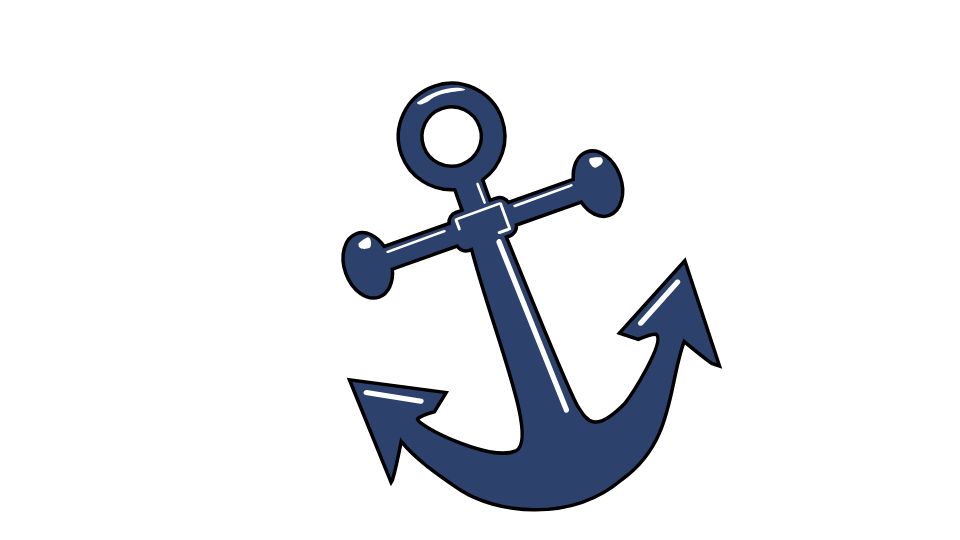
The marine industry isn’t stuck in the past – it’s racing toward the future.
From 2025 to 2035, the market is expected to grow at a compound annual rate of around 2.69%, reaching nearly $3 trillion by 2035. That’s serious business!
What’s driving this growth?
- AI-driven navigation systems
- Electric propulsion
- Robotics and automation
- Environmental regulations pushing for cleaner operations
- Expansion of offshore wind and clean energy projects
The industry faces challenges too – geopolitical risks, trade tensions, and economic volatility create some uncertainty. But with challenge comes opportunity for those who can adapt.
The International Maritime Organization is pushing the industry toward sustainability, creating new specialized roles for those with environmental expertise.
The Lifestyle: Is It For Me?
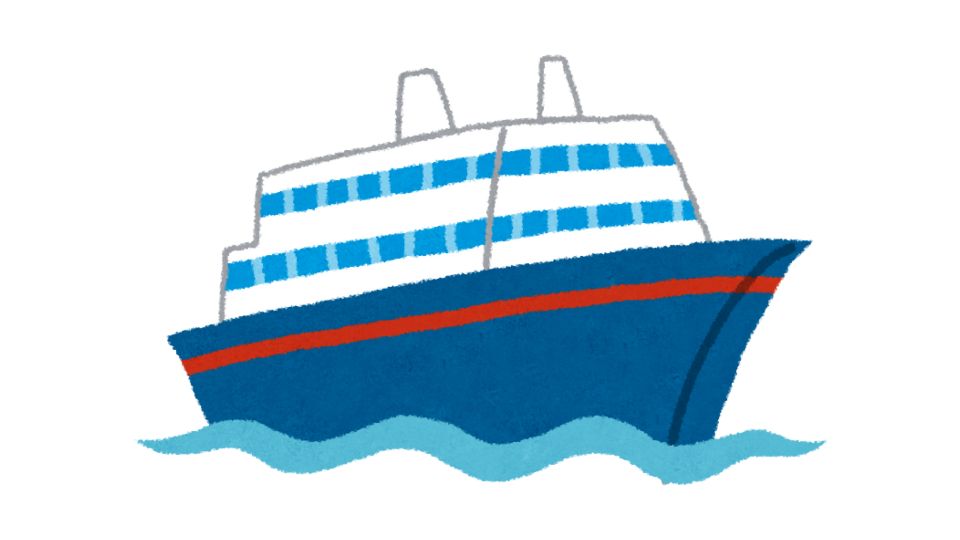
Let’s be real – marine transportation isn’t your typical 9-to-5 desk job.
Working on ships or in port operations can mean:
- Time away from home (sometimes weeks or months)
- Varying hours and shifts
- Physically demanding conditions at times
- Unique environments (hello, middle of the ocean!)
But for those who love adventure, global travel, and don’t want to be stuck in a cubicle, these “challenges” might actually be perks!
And not all marine jobs require long periods at sea. There are plenty of shore-based logistics and management positions that offer more traditional work schedules.
Should You Pursue a Marine Transportation Career?
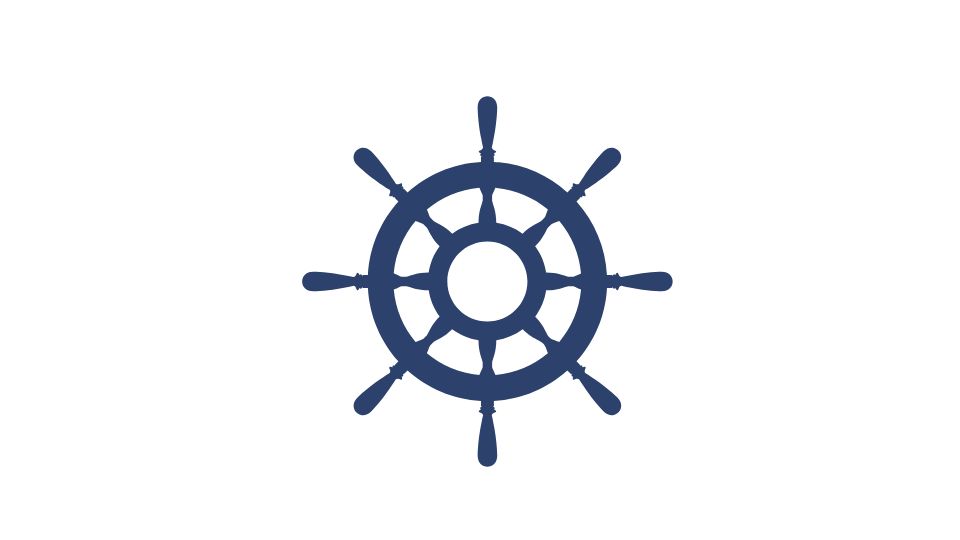
If you’re drawn to:
- The sea and maritime environments
- Global trade and logistics
- Technical challenges and problem-solving
- Good pay and job security
- Opportunities for advancement
Then marine transportation could be your perfect career match.
The sector’s ongoing growth, driven by tech innovation and environmental needs, suggests sustainable demand for marine professionals in the coming decade.
Those who get the necessary education, training, and certifications can build fulfilling, well-paying careers in this essential global industry.
The American Maritime Partnership provides excellent resources for those looking to explore specific maritime career paths.
So what do you think – ready to set sail on a new career?

